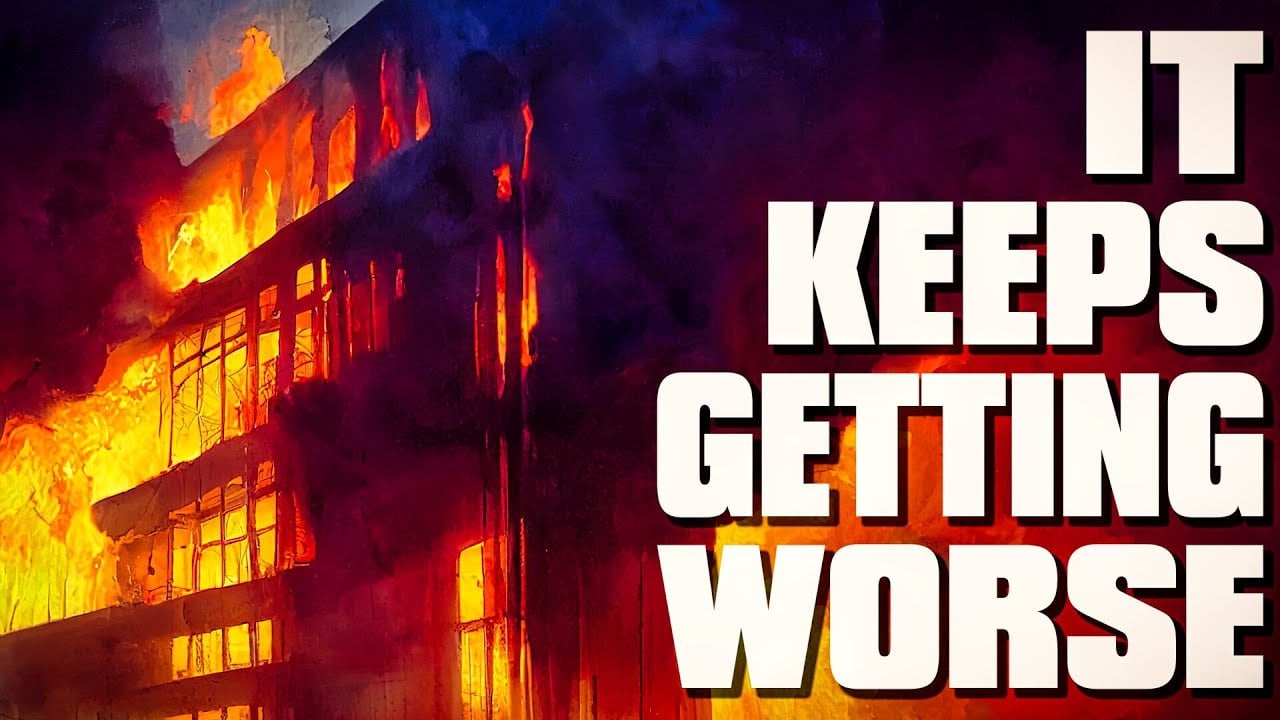To say it’s been a bad week for Unity is the understatement of 2023. First they announced a terrible new Pricing scheme, then their customers revolted, as the week goes on though, it gets worse and worse for Unity, from threats from an employee shutting down their offices, to more studios threatening to leave, to scummy secret changes to their terms of service and back door deals with clients to get around the Unity Runtime Fee in an attempt to bury a competitor.



there is no “price difference” they use a completely different pricing model, unity is SaaS, and moving to pay per install. Unreal is free, if you make more than a million dollars then you have to pay 5% royalties to epic.
there is no equating the two
They’re just different pricing models, not different verticals. Unity is still cheaper, but incurs significant risk now. Whereas Epic will take their 5% after $1M, Unity has no revenue split. However now that they’re charging per install, devs need to be sure their marginal profit clears this bar. No one is sure their pricing model works before launch, so I think this risk is unreasonable.
Wouldn’t the new Unity pricing model be somewhat comparable to the current Unreal pricing model?
Not necessarily. Unity says they’re charging per initial install once you break $1M (they walked-back on the “every” install bit), but Unreal takes a cut of your royalties once you break $1M, so it’s still hard to really compare them properly. If you’re making a free to play game, your install number could be dramatically higher than what a non free-to-play game would need to break $1M, for example.
Unity is charging per install (not per sold unit), so technically developers can owe Unity more money than they make.
deleted by creator